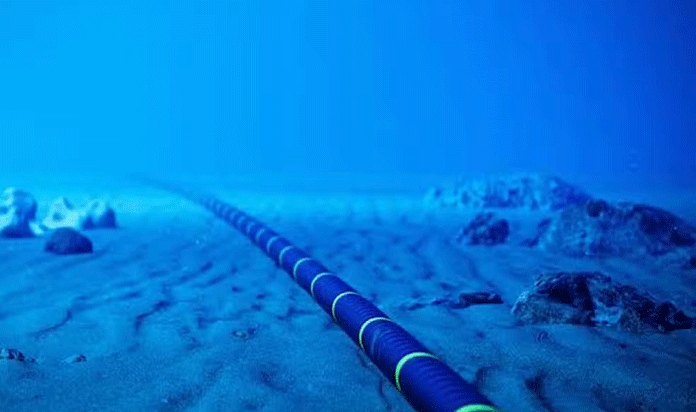Pakistan Plans New Submarine Cable Landing Stations to Boost Internet Connectivity
Pakistan is set to expand its digital infrastructure by establishing new submarine cable landing stations outside Karachi, a move aimed at strengthening internet connectivity and attracting foreign investment.
At present, all seven submarine cables land in Karachi, but three additional cables are expected soon. To reduce reliance on a single hub, authorities are considering Gwadar and other coastal locations as alternative landing sites.
Federal Minister for IT and Telecommunication Shaza Fatima revealed that Pakistan’s official IT exports stand at $3.8 billion, though actual numbers may be nearly double. A large share comes from freelancers, making them central to the country’s digital economy.
Under the Digital Nation Pakistan program, several initiatives are underway, including the flagship DigiSkills platform, where 300,000 people have already been trained in freelancing and digital skills, with another 300,000 in progress. In partnership with global companies such as Huawei and Google, Pakistan aims to train one million individuals in digital skills.
“Our vision is that every child in Pakistan should have access to high-speed internet. In the next three to four years, we will be a digitally transformed country, Insha’Allah,” said Shaza Fatima.
The minister also stressed the need to improve digital infrastructure investment, especially in fiberization. Currently, only 14% of telecom towers are fiber-connected, compared to a regional demand of over 50%.
Key challenges, such as high Right of Way (RoW) charges and lengthy approval processes, have slowed progress. However, reforms are being introduced, including the abolition of RoW charges by CDA and a new fast-track approval portal. The Prime Minister’s Office has also directed the NHA and Pakistan Railways to waive RoW charges.
To diversify internet access, agencies like the Pakistan Telecommunication Authority (PTA) and the Pakistan Space Activity Regulatory Board are developing frameworks for satellite internet services. Several international companies from the US, China, and other countries have already submitted applications.
Currently, 98% of internet users in Pakistan rely on mobile broadband and Wi-Fi, while only 2% use fiber. The government’s target is to increase fiber penetration to 40–60% in the coming years.
By strengthening its digital backbone, expanding submarine cable redundancy, and encouraging private sector investment, Pakistan aims to emerge as a major digital hub in the region.

